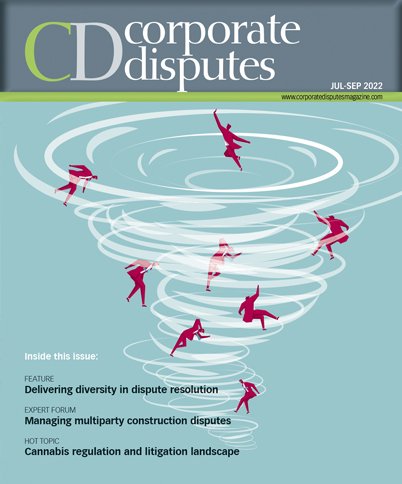THE FUTURE OF TAX COMPLIANCE ACTIVITY LIES UPSTREAM
Recent HM Revenue & Customs (HMRC) statistics demonstrate a huge reduction in compliance activity and the money this brought in last year. During 2020-21, HMRC opened 29 percent fewer enquiries than in 2019-20 (256,000 compared with 361,000) and closed 26 percent fewer cases (250,000 compared with 338,000), leading to a reduction in additional revenues brought in of 18 percent to £30.4bn.
Clearly, given the state of UK public finances, this is not a situation that can be allowed to continue. HMRC has said that it expects volumes of work and compliance yield to be restored by 2022-23. Given the massively depressed levels of activity shown by these statistics, this will require HMRC to open an unprecedented number of enquiries in the next few months and to work these to a conclusion at far greater pace.
HMRC also indicated to the public accounts committee that it expects to be able to “catch up” a lot of the tax missed by lower activity levels in the last two years, so we can expect to see a flurry of discovery assessments (allowing HMRC to assess tax going back up to 20 years even where it has missed the deadline for an enquiry).
Within this accelerated HMRC activity, a trend for chief financial officers (CFOs) and heads of tax to look out for is an HMRC push toward more ‘upstream’ compliance activity. This term encompasses a wide variety of approaches, but a key element is the ‘nudge’ concept. Over recent years, HMRC has issued a number of tranches of letters to particular industry sectors or as part of the profit diversion compliance facility suggesting that businesses may want to review or may have something to disclose to HMRC in a particular area.

